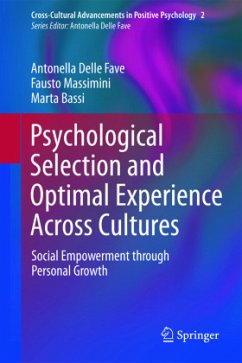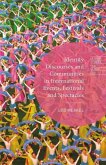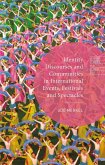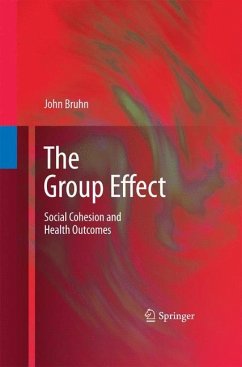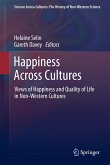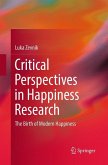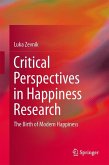What does Western science know about the relationship between individual well-being and cultural trends? What can learn from other cultural traditions? What do the recent advancements in positive psychology teach us on this issue, particularly the eudaimonic framework, which emphasizes the connections between personal well-being and social welfare?
People grow and live in cultures that deeply influence their values, aspirations and behaviors. However, individuals in their turn play an active role in building their own goals, growth trajectories and social roles, at the same time influencing culture trends. This process, defined psychological selection, is related to the individual pursuit of well-being People preferentially select and cultivate in their lives activities, interests, and relationships associated with optimal experience, a state of deep engagement, concentration, and enjoyment. Several cross-cultural studies confirmed the positive and rewarding features of optimal experience. Based on these evidences, this book offers a new perspective in the study of human behavior. Highlighting the interplay between individual and cultural growth trajectories, it conveys a core message: educating people to enjoy engagement and involvement in activities that can be relevant and meaningful for social welfare is a premise to foster the harmonious development of human communities, and the peaceful cohabitation of cultures.
People grow and live in cultures that deeply influence their values, aspirations and behaviors. However, individuals in their turn play an active role in building their own goals, growth trajectories and social roles, at the same time influencing culture trends. This process, defined psychological selection, is related to the individual pursuit of well-being People preferentially select and cultivate in their lives activities, interests, and relationships associated with optimal experience, a state of deep engagement, concentration, and enjoyment. Several cross-cultural studies confirmed the positive and rewarding features of optimal experience. Based on these evidences, this book offers a new perspective in the study of human behavior. Highlighting the interplay between individual and cultural growth trajectories, it conveys a core message: educating people to enjoy engagement and involvement in activities that can be relevant and meaningful for social welfare is a premise to foster the harmonious development of human communities, and the peaceful cohabitation of cultures.
From the reviews: "This book will have much interest for the general reader. It contains extensive detail about a wide range of cultural experiences. Moreover, the research results and data analyses are easily understood through tables and clear explanations. The volume will be of particular interest to those researchers and theorists working in the emerging field of positive psychology. Those working in the specific areas covered in the final eight chapters will also find much material to stimulate ideas for further research." (John M. Davis, PsycCRITIQUES, Vol. 57 (20), May, 2012)

